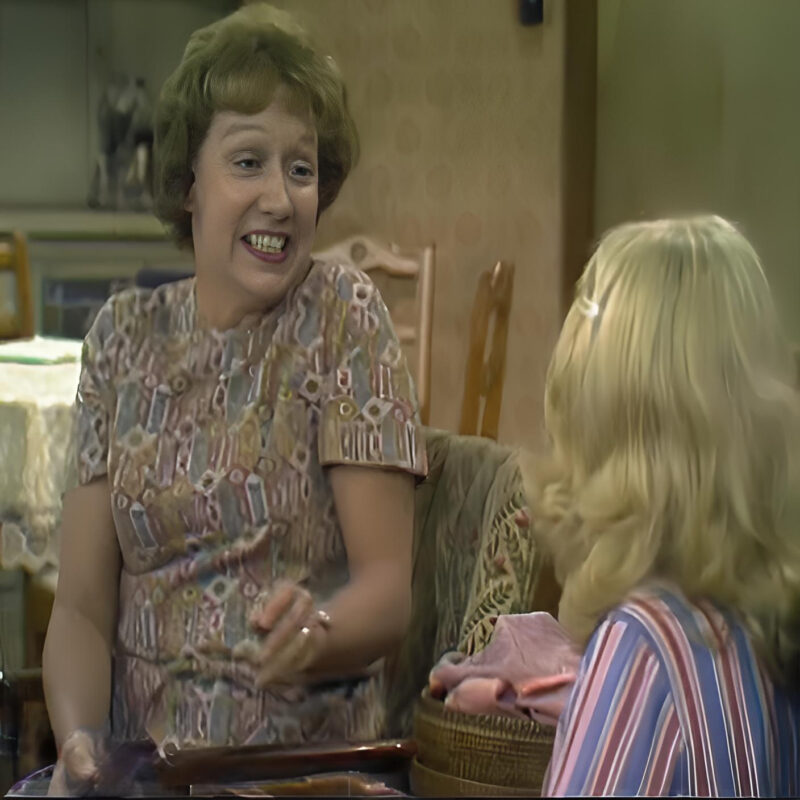
In the ever-evolving landscape of television, imagining a sitcom that completely revolutionizes the medium seems increasingly unlikely. Yet, Norman Lear defied norms and reshaped small-screen comedy with his seminal work, “All in the Family,” marking a watershed moment in television history.
When “All in the Family” debuted in January 1971, sitcoms had long been a staple of television programming. However, by its finale in April 1978, the show had fundamentally altered the television landscape, earning acclaim as one of the most-watched and award-winning series of its time.
At the heart of “All in the Family” was Carroll O’Connor’s Archie Bunker, an unforgettable character who personified the sitcom’s audacious approach. Archie, a staunch bigot unable to embrace change, shared a household with his devoted wife Edith, their daughter Gloria, and her liberal husband Mike Stivic. On the surface, their cohabitation was formulaic sitcom fare, but it was the show’s daring content that elevated it to iconic status.
CBS, anticipating the show’s provocative nature, prefaced its first episode with a disclaimer acknowledging “All in the Family’s” intent to humorously illuminate societal prejudices and concerns. By turning these issues into sources of laughter, the show aimed to demonstrate their absurdity in a mature manner.
What set “All in the Family” apart was its ability to use its vast popularity and broad reach to tackle socio-economic and political realities head-on. Unlike the safe, uncontroversial sitcoms of its time, Lear’s creation fearlessly explored themes such as racism, political turmoil, women’s rights, feminism, LGBTQ+ issues, and the aftermath of the Vietnam War. These discussions were woven seamlessly into the characters’ everyday lives, infusing their comedic escapades with profound resonance.
As the world underwent profound societal shifts, the Bunker family evolved in response, captivating audiences who saw reflections of their own experiences in the characters on screen. “All in the Family” shattered conventional sitcom norms by adopting a grounded, relatable approach that bridged the gap between fiction and reality. While maintaining its comedic essence, the show always carried a potent social critique, ensuring its enduring impact on television storytelling.
Norman Lear’s groundbreaking creation not only entertained but also inspired generations of creators and showrunners to use television as a platform for meaningful storytelling. “All in the Family” remains a testament to the power of television to provoke thought, challenge norms, and reflect the pulse of a nation in transition.
3.5
